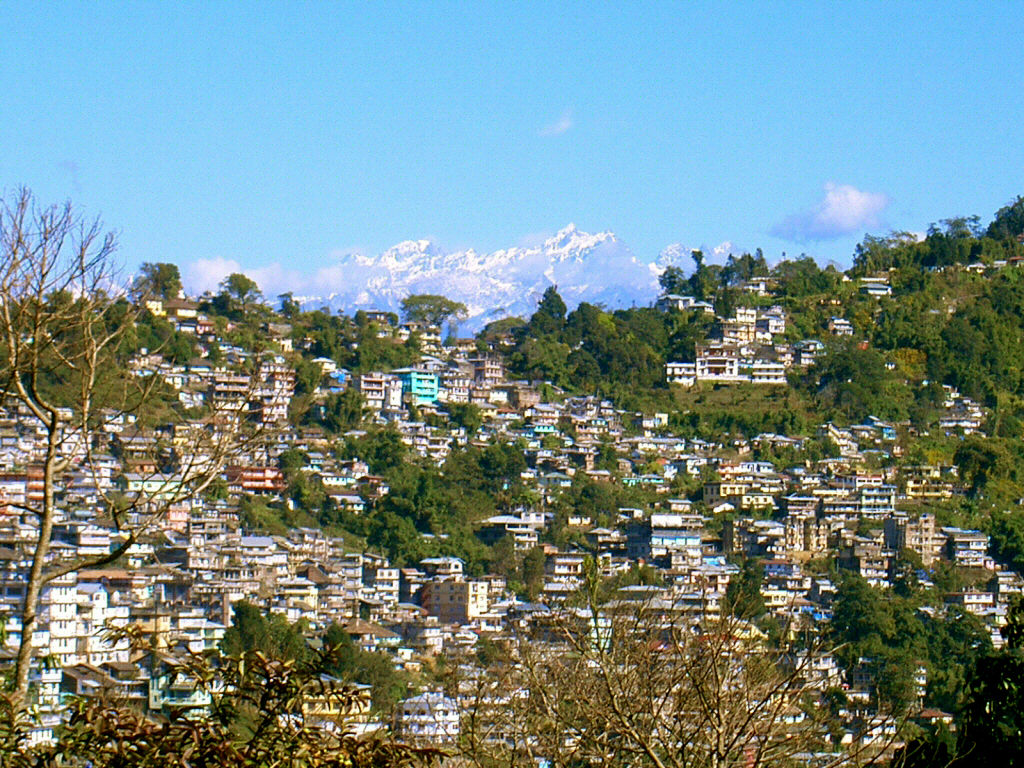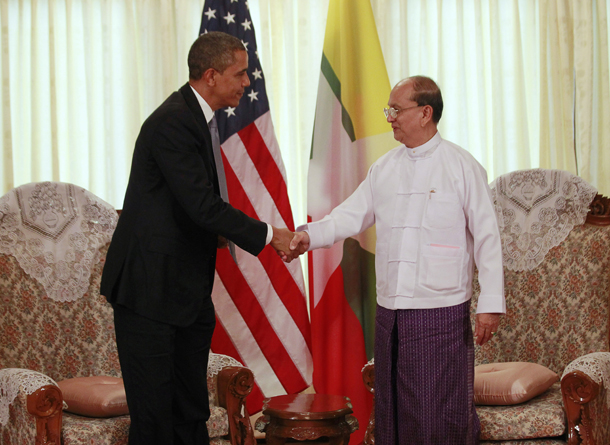
It’s been a rough week for Buddhist monks. I’m afraid that, if you’re still holding on to any bit of romanticism regarding Buddhist monks, young or old, this week’s news will crush it. It’s been a devastating week news-wise, and it looks like the Buddhist world is no exception.
On Saturday, The Hindustan Times reported that three Bhutanese Buddhist monks and a driver were charged with gangraping a 14-year-old girl in Kalimpong—a hilly, historically religious center for Buddhism in the Darjeeling district of India. The monks, all 20 or 21 years old, allegedly coerced her into a van and forced her to drink fruit juice laced with drugs. She was later dumped at the same roadside of her abduction, where some people saw her crying and took her home to her parents, who subsequently filed a complaint with the police. Kunal Agarwal, the Superintendent of Police of Darjeeeling, claims that all four perpetrators have confessed their crime.
In an article for The Daily Beast, Kapil Komireddi exposes the continuing religious and ethnic intolerance of Sinhalese Buddhist Monks in Sri Lanka. In a previous Buddha Buzz, we reported that the group that calls itself the “Buddhist Strength Force” was rallying in the country’s capital against the Islamic halal system of meat certification. Now they’ve taken on Muslim garb, calling for the abolition of virtually every kind of women’s clothing. Apparently, the Sri Lankan sangha would like to see the Muslim population of their country naked and hungry.
“Saffron-robed Buddhist monks, having designated themselves the defenders of the Sinhala majority,” Komireddi writes, “sniff the air each morning for the scent of fresh offence—and follow it to one minority community or another.”
We’ve seen the same rhetoric of defense of Buddhist people, culture, and principles to justify violence along ethnic and religious lines in Burma, where the ultranationalist “969” movement has quickly risen in prominence. The Guardian recently interviewed Wirathu, the leader of the group, who has come to be known as the “Burmese Bin Laden”—a strange epithet for an Islamophobe, but perhaps fitting:
Burmese dissident and political activist Maung Zarni wrote about just this in the current issue of Tricycle.
[Buddhism] has proven itself indisposed to guard against overarching societal prejudices and their ultranationalist proponents, those Burmese who vociferously profess their adherence to Buddhist faith, practice religious rituals and patronize Buddhist institutions, and then proceed to commit unspeakable atrocities against anyone they imagine to be an enemy of Buddhism, the Buddhist state, Buddhist wealth, Buddhist women, and Buddhist land.

Amid ongoing ethno-religious unrest in Burma, its president Thein Sein will be visiting New York on Monday to receive the International Crisis Group’s top honor at its annual In Pursuit of Peace Award dinner, to the ire of many Burmese and human rights activists. Once a prominent member of the brutal military junta, the former general has recently garnered praise for enacting sweeping political and economic “post-junta” reform. On the issue of Buddhist-Muslim violence in the Rakhine state, he has said that it “has nothing to do with race or religion.”
Many readers have commented on Tricycle‘s coverage of Buddhist-led violence in Burma, objecting in one way or another that those monastic perpetrators were not really Buddhist. In The New York Times, Yangon-based journalist Swe Win grapples with that issue:
Five years ago, when Myanmar was still under military rule, some Western and Chinese friends asked me how there could be such oppression in a country where Buddhism, which preaches nonviolence, is the predominant religion.
I was in self-imposed exile at the time, studying journalism at the University of Hong Kong, and I would answer that the country’s military leaders were immoral, Buddhists in name only. I would also point out that Myanmar’s pre-colonial monarchical rulers — they, too, nominally Buddhist — also had committed great crimes. In other words, nothing was wrong with the religion itself; the problem was with the politicians who were flouting it.
I can’t give such answers any more — not since the recent deadly attacks by Buddhists against Muslims in Meikhtila, a city in central Myanmar with no history of sectarian violence. Reports that monks instigated some of those burnings, beatings and killings suggest a much deeper problem than unprincipled state officials.
Read the excellent article in its entirety, here.
Thank you for subscribing to Tricycle! As a nonprofit, we depend on readers like you to keep Buddhist teachings and practices widely available.